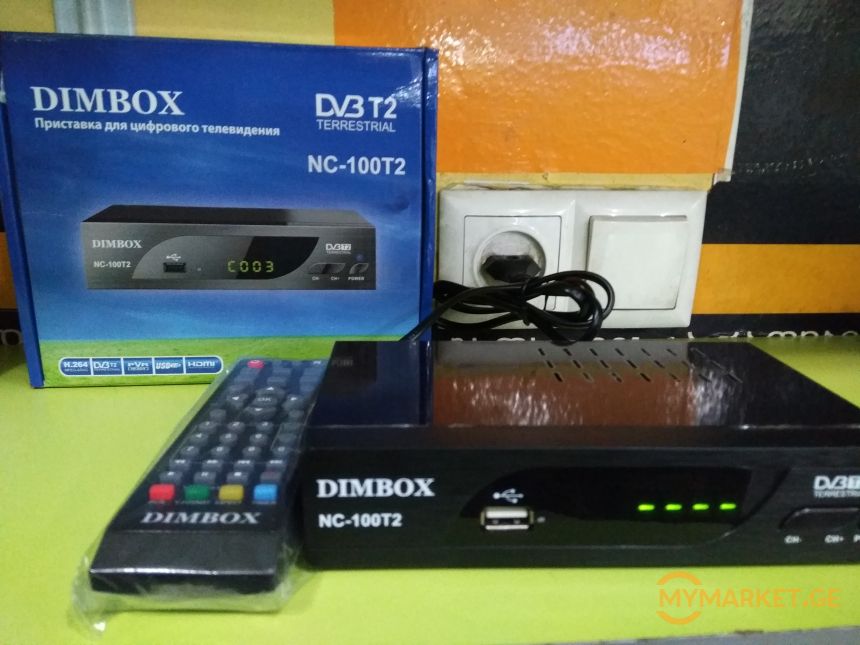Executive Vice-President Margrethe Vestager, in charge of competition policy, said: “Today’s decision legally binds Broadcom to respect the commitments. They will ensure that existing chipset makers competing with Broadcom and potential new entrants will be able to compete on the merits. Producers of set-top-boxes and Internet modems, telecom and cable operators and ultimately consumers will benefit from competition between chipmakers in terms of lower prices and more innovative products.”
The Commission’s concerns
In June 2019, the Commission initiated proceedings into alleged abuse of dominance by Broadcom and at the same time issued a Statement of Objections seeking the imposition of interim measures. In October 2019, the Commission took a decision concluding that interim measures were necessary to prevent serious and irreparable damage to competition from occurring in the worldwide markets for SoCs for (i) TV set-top boxes, (ii) xDSL modems, (iii) fibre modems, as well as (iv) cable modems.
The Commission took issue with certain exclusivity or quasi-exclusivity and leveraging arrangements imposed by Broadcom in relation to SoCs for TV set top boxes, xDSL and fibre modems. The decision ordered Broadcom to stop applying these provisions contained in agreements with six of its main customers and ordered the implementation of interim measures applicable for a period of three years.
Broadcom’s commitments
Following the imposition of interim measures, Broadcom offered commitments to address the Commission’s concerns. In April 2020, the Commission consulted stakeholders to verify the appropriateness of the proposed commitments. In light of the outcome of this market test, in July 2020 Broadcom amended and improved its proposed commitments.
The Commission found that Broadcom’s final commitments will ensure that other companies can compete on the merits in the markets at stake and that consumers can benefit from lower prices and innovative products.
The Commission considers that the commitments offered by Broadcom address its concerns and has made them legally binding. The commitments are binding vis-à-vis all device manufacturers (so called original equipment manufacturers, or OEMs) and include products not covered by the interim measures decision. More specifically:
- At European Economic Area (EEA) level, Broadcom will:
- Not require or induce by means of price or non-price advantages an OEM to obtain any minimum percentage of its EEA requirements for SoCs for TV set-top boxes, xDSL modems and fibre modems from Broadcom; and
- Not condition the supply of, or the granting of advantages for, SoCs for TV set-top boxes, xDSL modems and fibre modems on an OEM obtaining from Broadcom another of these products or any other product within the scope of the commitments (i.e. SoCs for cable modems, Front End Chips for set-top boxes and modems and/or Wi-Fi Chips for set-top boxes and modems).
- At worldwide level (excluding China), Broadcom will:
- Not require or induce an OEM by means of certain types of advantages to obtain more than 50% of its requirements for SoCs for TV set-top boxes, xDSL modems and fibre modems from Broadcom; and
- Not condition the supply of, or the granting of advantages for, SoCs for TV set-top boxes, xDSL modems and fibre modems on an OEM obtaining from Broadcom more than 50% of its requirements for any other of these products, or for other products within the scope of the commitments.
The commitments also include specific provisions regarding incentives to bid equipment based on Broadcom products as well as certain additional clauses with regard to service providers in the EEA.
Broadcom must comply with the commitments within 30 days. The commitments will apply for a period of seven years.
Today’s decision concludes the proceedings opened in June 2019 with respect to the Commission’s competition concerns as set out in the interim measures proceedings. Furthermore, the Commission has also decided today to close proceedings with regard to the other matters to which the opening of proceedings of June 2019 related, on which however it retains full discretion to investigate in the future.
Background
Systems-on-a-Chip combine electronic circuits of various components in a single unit, which constitutes the “brain” of a TV set-top box or a modem. They are essential to bring television signals and connectivity to consumers’ premises.
On 26 June 2019, the Commission opened a formal antitrust investigation into alleged anticompetitive practices by Broadcom in the area of components for TV set-top boxes and residential gateways. On the same day, the Commission addressed a Statement of Objections to Broadcom outlining its preliminary assessment relating to specific aspects of Broadcom’s behaviour that was subject to the Commission’s investigation, and its intention to impose interim measures in that regard pursuant to Article 8 of the Antitrust Regulation. In October 2019, the Commission adopted a decision imposing interim measures on Broadcom.
Article 102 of the TFEU prohibits the abuse of a dominant position that may affect trade within the EU and prevent or restrict competition. The implementation of this provision is defined in the EU Antitrust Regulation (Regulation No 1/2003), which can also be applied by the national competition authorities.
Article 9 of the EU Antitrust Regulation (Regulation 1/2003) allows the Commission to conclude antitrust proceedings by accepting commitments offered by a company. Such a decision does not reach a conclusion as to whether there is an infringement of EU antitrust rules but legally binds the company to respect the commitments. A policy brief on commitment decisions under Article 9 is available here.
If Broadcom were to breach the commitments, the Commission could impose a fine of up to 10% of Broadcom’s total annual turnover, without having to find an infringement of EU antitrust rules.
More information, including the full text of today’s Article 9 Commission decision and the full version of the commitments will also be available on the Commission’s Competition website, in the public case register under the case number AT.40608.





